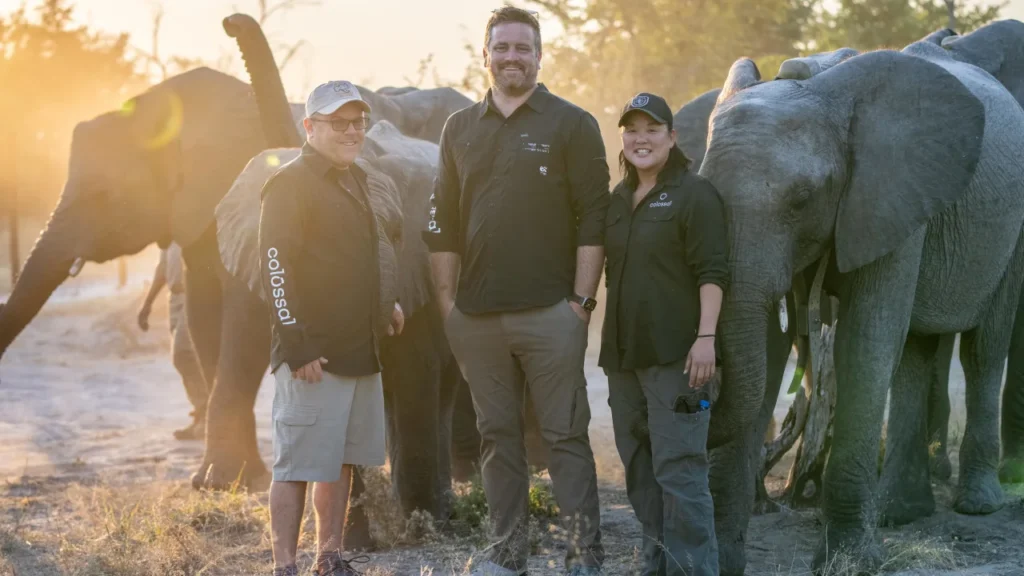The woolly mammoth has not walked the Earth for 4,000 years. Killed off at the end of the last ice age, it’s part of a group of extinct species that continue to inspire biologists, and one that US biotech startup Colossal – the self-proclaimed “de-extinction company” – has set its sights on reviving.
Colossal’s audacious plan involves creating a genetically engineered Asian elephant-mammoth hybrid, then introducing it to the Arctic tundra. The project has received millions of dollars in backing and has been met with both curiosity and a degree of scientific skepticism.
For Colossal to succeed, it must overcome many hurdles, including crafting the animal’s genetic sequence, successfully fertilizing an egg, and growing it to term. But birth is only the beginning. How these animals will live in the wild is a question that will take a lifetime or more to answer, and Colossal is turning to other animals for help – including a group of elephants in Botswana.
The startup has entered a collaboration with Elephant Havens, a wildlife foundation based in the Okavango Delta that cares for orphaned elephants.
Founded in 2017, Elephant Havens will partner with Colossal on an extensive data-gathering operation, using artificial intelligence (AI) to analyze the animals’ behavior and pair it with genomic data on each elephant. “We’ll be able to mix the art of the elephant handlers with the science of today,” argues Matt James, chief animal officer at Colossal.
The findings, the organizations hope, could provide a blueprint for releasing the elephants into the wild and mammoth hybrids to the tundra.
To Learn More Click Here



